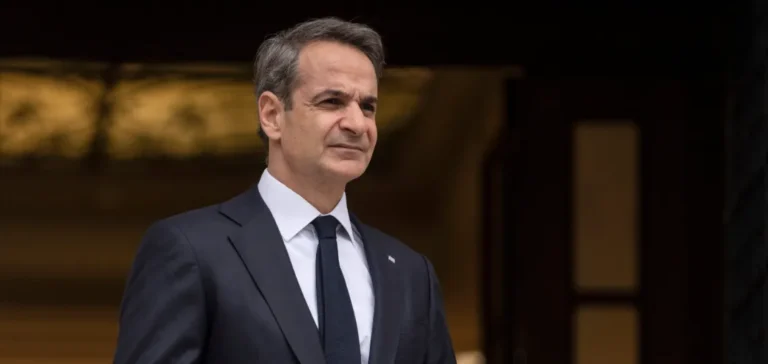Greece is now explicitly expressing interest in nuclear energy to diversify its energy sources, particularly to meet the growing demands of its maritime industry. Prime Minister Kyriakos Mitsotakis has publicly mentioned the possibility of integrating Small Modular Reactors (SMRs) into the country’s national energy strategy.
Towards a Diversification of the Greek Energy Mix
Currently lacking nuclear infrastructure, Greece is considering this technology as part of its strategic thinking on energy transition, recently articulated by Mitsotakis at the Energy Transition Summit organized by the Financial Times in partnership with Kathimerini. After abandoning coal in 2019, previously the country’s main energy resource, Greece is now largely relying on natural gas for base-load energy. This choice complements the significant growth in renewable energies, which currently account for more than 50% of its electricity production, supported by storage solutions such as pumped hydro and batteries. In this context, SMRs appear as a complementary technological option, potentially enhancing energy stability.
Kyriakos Mitsotakis emphasized the necessity for Greece and Europe to pragmatically evaluate the potential of nuclear energy, even for countries without a historical tradition in this field. He particularly highlighted recent developments in SMRs, viewed as technically suitable solutions for industrial needs with relatively swift implementation. According to the Prime Minister, a balanced energy policy must integrate this technology to ensure long-term economic competitiveness.
The Maritime Industry Facing Energy Challenges
One of the key drivers of Greece’s consideration is its maritime sector, a cornerstone of the country’s economy. Mitsotakis explicitly mentioned nuclear energy as a potentially viable option for long-haul shipping, facing increasing pressure to reduce emissions. The Greek government intends to swiftly create a working group comprising industry experts to thoroughly study this technological path, acknowledging that practical implementation could take around ten to fifteen years.
The Prime Minister thus considers nuclear energy as one strategic option that could position Greece as a global leader in discussions about decarbonizing international maritime transportation. The aim is to remain competitive in the face of upcoming international environmental regulations, without currently favoring any specific technological solution.
This announcement by the Greek government officially opens the way for in-depth consultations with national and European maritime and energy industry stakeholders. The coming months should provide greater clarity on the economic, technical, and regulatory implications of Greece’s possible adoption of nuclear technology in its medium-term energy and maritime strategy.






















